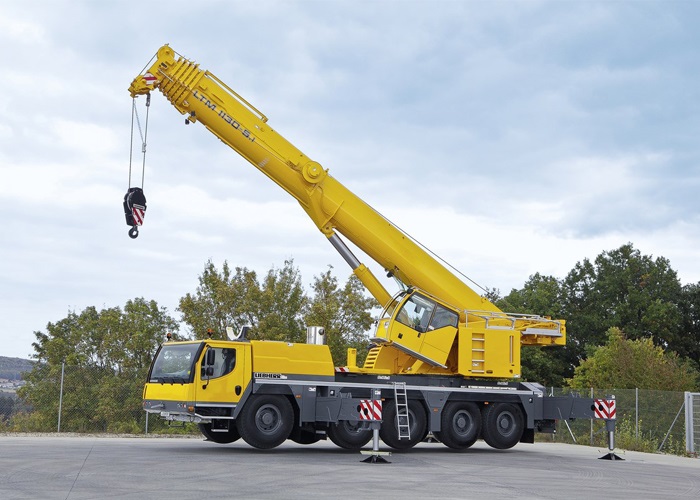Are You Ready To Become A Professional Crane Operator?

Crane operators are at every imaginable construction site making them a vital part of the construction crew. The operators and their equipment are responsible for the iconic structures and gleaming skylines in every city. Becoming a crane operator requires a diverse skill set. Professional training is necessary to become a certified crane operator.
Being a crane operator is more than pushing pedals and pulling levels in the crane to move, lift, reposition, or position objects and materials. Appropriate knowledge of equipment and adherence to site safety protocols is vital. You also have to undertake maintenance of equipment, manage site details and orders while communicating effectively with team members on the site.
Appropriate skills for crane operators
Becoming a crane operator requires being detail-oriented and responsible. Sitting in the tight control booth for prolonged periods requires discipline. You also have to be physically strong to handle repairs and maintenance. Professional crane operators have manual dexterity and are flexible. Crane operators need to react quickly, have good depth perception, and exceptional hand-to-eye coordination. A good sense of judgment and critical thinking are great assets for crane operators.
Certifications for professional crane operators
To operate a crane requires having a high school diploma and certification or apprenticeship training. Apprenticeship or on-the-job training offer crane operators their first work experience. To join a crane training academy, you must be not less than 18 years with a high school diploma or its equivalent. Additionally, you have to be in good physical condition.
You have to pass exams from the National Commission for the Certification of Crane Operators (NCCCO) to get a certification. Passing the written and practical examinations from NCCCO demonstrates your crane operation knowledge and ability to operate it. Becoming a professional crane operator is a trick to get a good salary with benefits even when you didn’t get higher education.
Why is crane training is necessary?
Opportunity to earn good money
Most people without higher education have no dream of earning a good salary. However, professional crane operators earn top dollar regardless of their level of education. With the construction boom everywhere, construction companies are always looking for skilled operators and ready to pay well.
High demand skills
Apart from earning much better than their counterparts on the site, construction sites rely heavily on cranes and not everyone can operate them. When searching for crane operators to hire, having professional training makes you a valuable asset. Taking a crane operator course gives you marketable skills including handling heavy equipment.
Contributing to a safer workplace
Your safety and that of other team members on the site are very important especially when handling heavy equipment. Completing a crane operator course encourages being laser-focused on maintaining safety at the workplace for everyone.
The course will entail understanding OSHA and ASME regulations for safe crane operations. All aspects of the course focus on safety when handling huge equipment. Training in a supervised environment allows understanding the best means to avoid hazards before occurrence.
Builds your resume
Acquiring in-demand skills is a wonderful thing. However, you’ll have to go to the next step of searching for employment opportunities. You will appreciate having ideas that make you stand out from other candidates. Fortunately, a great crane operator course teaches you how to handle heavy equipment safely and taking industry-relevant certifications. All these make your resume impressive to potential employers.
Hands-on experience
Completing training without hands-on experience is worthless. So, expect your crane operator training to entail practice handling essential equipment for use on the job. Getting behind the controls and proving your understanding of the job is what it takes to become a professional crane operator. You will get enough time to practice handling the crane and related equipment to hone your skins in a controlled environment under the guidance of a supervisor.
Expectations as a professional crane operator
Working as a crane operator requires moving, lifting, and placing materials and equipment. You also have to inspect the crane and determine its capabilities. Sometimes, you might have to assemble equipment onsite or do routine maintenance. The standard worksheet for crane operators is about 40 hours weekly. You work about 8 hours daily for 5 days a week. However, expect some periods where you’ll work overtime to beat deadlines.
The working environment for crane operators requires being good with hands with strong depth perception and exceptional communication skills. Look forward to working outdoors in noisy situations and traveling to work in distant places. Crane operators work on projects such as railways, building construction, crane rental service, mining, and shipbuilding.
Considering a career as a crane operator is worth every moment and every penny. You will acquire certification qualifying you to handle various projects in other industries apart from construction. A good academy offering crane operator training will give you hands-on training to get NCCCO as a stepping stone to a good-paying job.